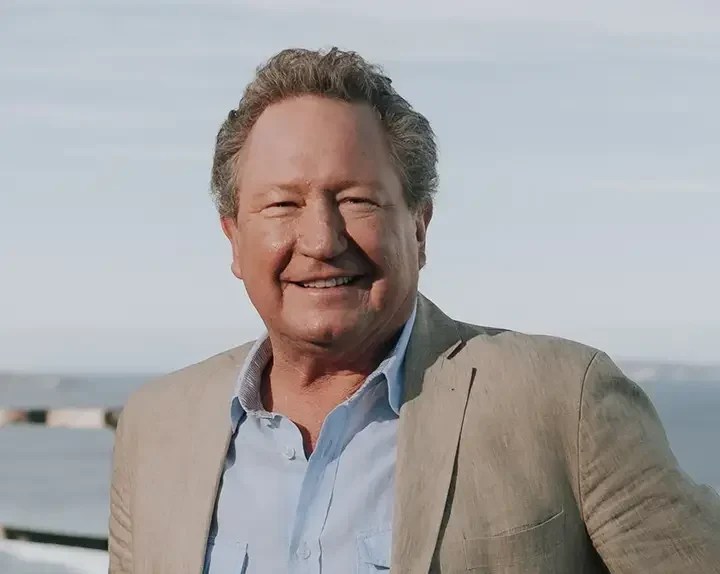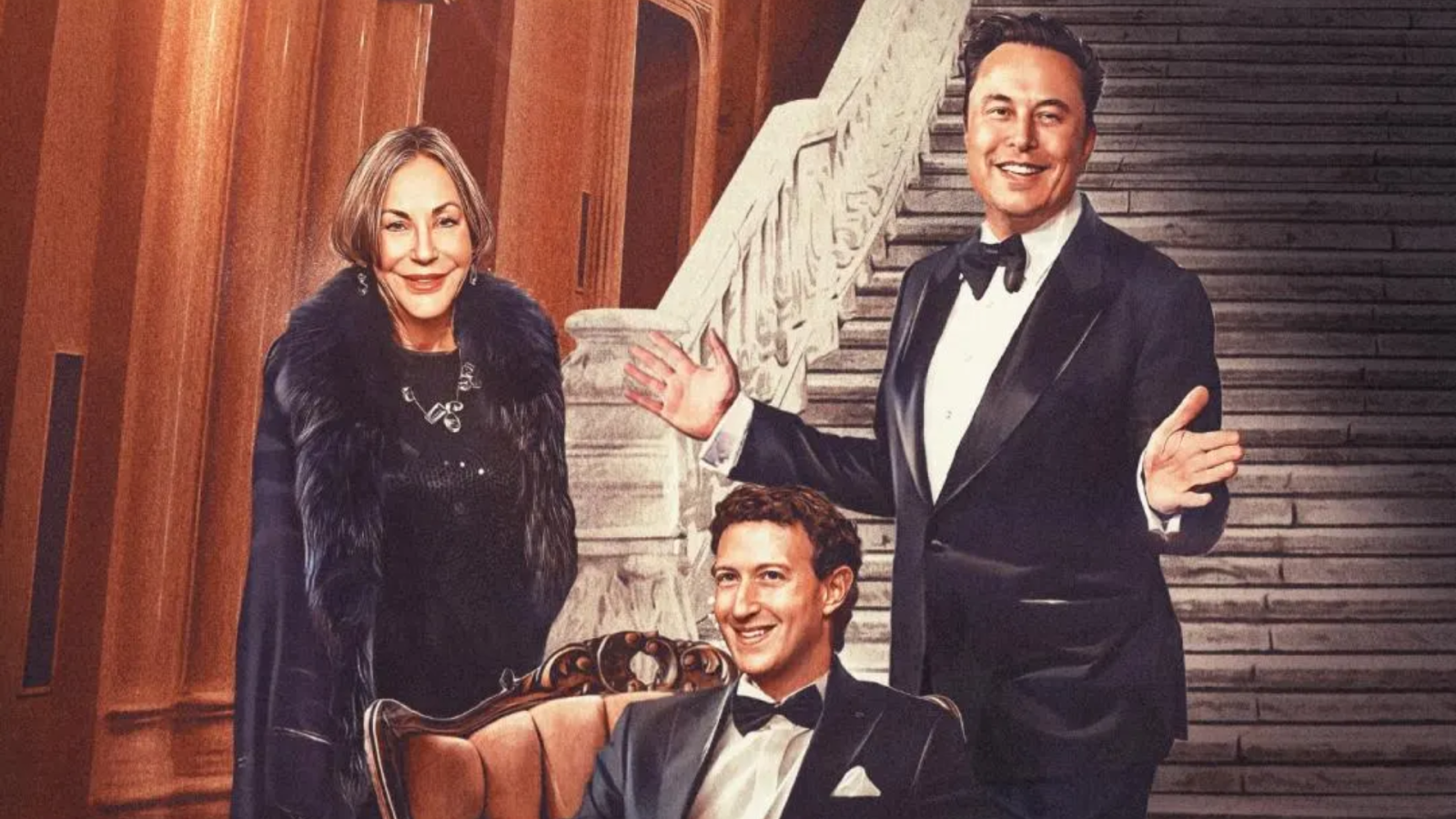Chuck Feeney, the man behind the Duty Free Shoppers retail giant who vowed to die with just $2 million to his name died Monday, his foundation announced, after giving away more than $8 billion to educational, health, science and social causes.

Key facts
- Charles “Chuck” Feeney died in San Francisco at age 92, three years after shuttering his foundation, Atlantic Philanthropies, through which he spent four decades giving away the vast majority of his wealth while going to great lengths to keep his gifts secret for most of his life.
- Dubbed the James Bond of Philanthropy by Forbes, Feeney pioneered the idea of Giving While Living, encouraging other billionaires to give big while they’re around to see it, rather than funding a foundation to do so upon their deaths.
- The concept inspired Bill Gates and Warren Buffett to launch the Giving Pledge in 2010, which aims to convince the wealthiest people in the world to give away half their fortunes in their lifetimes.
- Feeney’s money was spent bringing peace to Northern Ireland, to allow Cornell to build a technology campus on New York City’s Roosevelt Island, modernizing the Vietnamese healthcare system, working toward abolishing the death penalty in the U.S. and supporting the passage of Obamacare, among other causes.
- The final “big bets” of Atlantic Philanthropies included funding the Global Brain Health Institute at the University of California and University of Dublin, creating the Atlantic Fellows for Racial Equity to fight racial injustice with Columbia University and the Nelson Mandela Foundation, forming the Atlantic Fellows for Social Equity with the University of Melbourne to tackle social inequality and donating $136 million to five health equity foundations.
Big number
$7.5 billion. That’s how much Feeney earned through his empire of duty-free shops.
By 2022, he was worth less than $2 million.
Forbes estimates the only people who have given away more money are Warren Buffett, Bill and Melinda Gates, George Soros, Michael Bloomberg and MacKenzie Scott, the ex-wife of Amazon founder Jeff Bezos, though none have given away such large shares of their fortunes.
Surprising fact
His foundation remembered Feeney for his frugal living, saying he was “well known for his signature $15 watch, plastic bags for a briefcase and his preference for flying economy.”
Crucial quote
“Chuck’s been the model for us all. If you have the right heroes in life, you’re 90% of the way home. Chuck Feeney is a good hero to have,” Warren Buffet said.
Key background
Feeney was born to Irish immigrant parents during the Great Depression, his foundation said, and “never forgot his roots, despite his great success in business.”
He earned his bachelor’s degree from Cornell University on the G.I. Bill after serving in the U.S. Air Force, and later donated almost $1 billion over 30 years to his alma mater.
He founded Duty Free Shoppers with billionaire Robert Warren Miller, now 90 years old with a net worth of $1.9 billion, in 1960. The Hong Kong-based travel retailer has more than 420 locations and employs over 5,000 people.
DFS Group has operated as a subsidiary of luxury goods conglomerate LVMH since 1997, and Miller is still a co-owner. Feeney and his family established the Atlantic Foundation in 1982 and transferred all business assets to it two years later.
He was the founding chairman of the Atlantic Philanthropies and served on its board until 2012. In 2020, the foundation was dissolved and became the largest foundation in history to intentionally deploy its entire endowment.
The shuttering ceremony happened via Zoom during the early months of the Covid pandemic and included messages from Bill Gates and former California Gov. Jerry Brown.
His family asks any memorial donations made in his name go to Cornell University, Hear & Say or the Atlantic Institute.
This article was first published on forbes.com and all figures are in USD.


